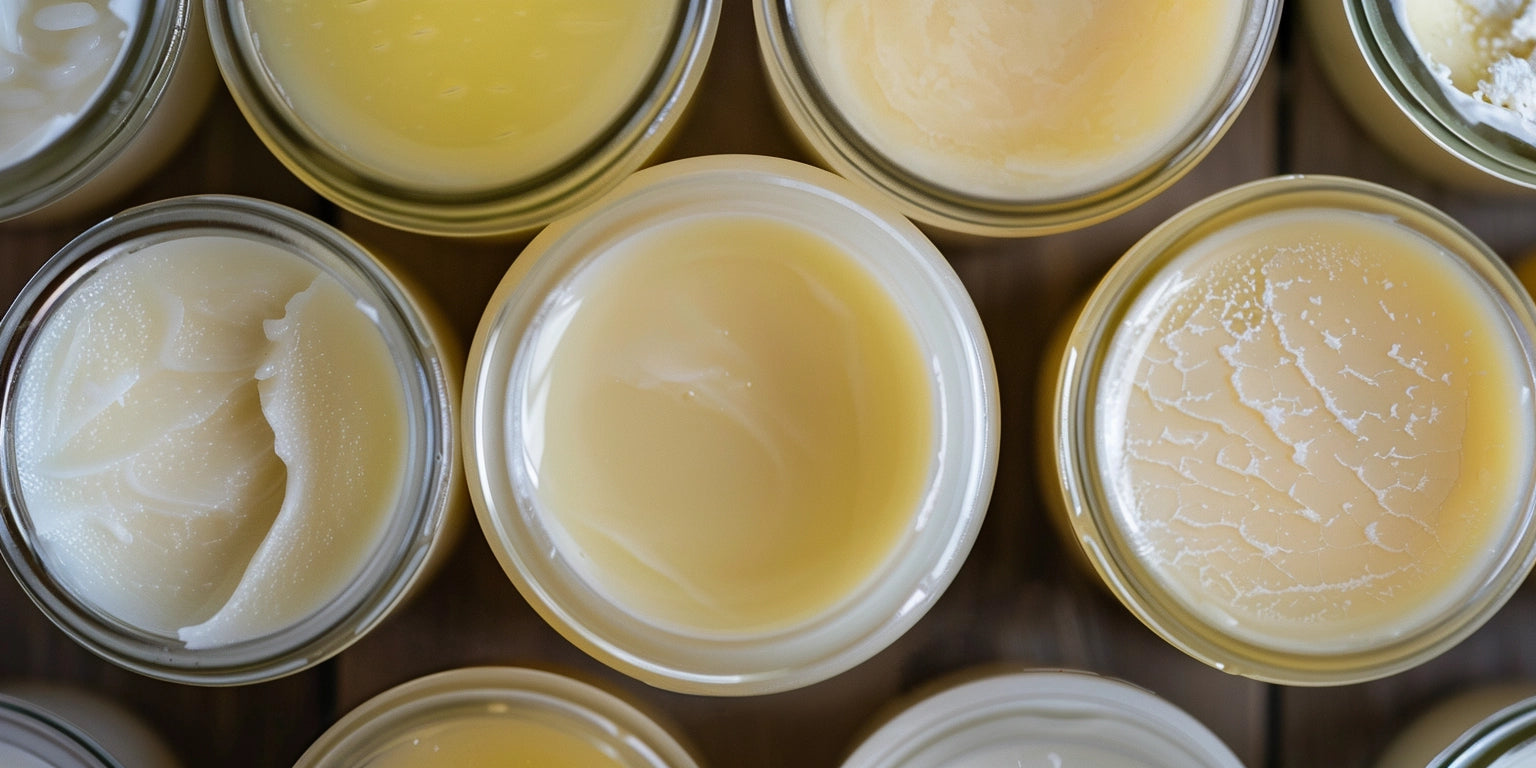Ever wondered what the buzz about the bone broth diet is all about? It's a unique meal plan that's been gaining traction due to its potential health benefits. This diet generally involves a cycle of following a Paleo-like diet for five days, then fasting for two days over a 21-day period.
Imagine savoring one to three servings of bone broth each day, combined with a diet rich in whole, unprocessed foods. On your fasting days, bone broth becomes your go-to for all meals and snacks. The catch? You'll be cutting out grains, gluten, soy, dairy, and sugar during the five-day stretch.
The bone broth diet is more than just a fad. It's a lifestyle change that merges the principles of the Paleo diet and intermittent fasting. Intrigued? Let's dive deeper into the world of the bone broth diet.

Understanding the 21 Day Bone Broth Diet
In this section, get to know more about the 21 Day Bone Broth Diet, a unique meal plan which has been renowned for its potential health and weight loss benefits. This understanding will help you better gauge whether or not this diet’s principles align with your personal health and lifestyle goals.
What Is the 21 Day Bone Broth Diet?
This 21 Day Bone Broth Diet is a regimen that catapults weight loss and improve health, popularized by Dr. Kellyann Petrucci. Operating under a unique principle, you cycle between two dietary practices within a 21-day period. For five days, you adhere to a Paleo-like dietary routine, followed by two days of fasting. This practice is reiterated for the entire 21-day cycle.
During these phases, you're expected to consume one to three servings of bone broth daily, integrating it with a menu composed of unprocessed whole foods. Grains, gluten, soy, dairy, and sugar are excluded during the five-day segment. This diet, although rooted in the principles of the Paleo diet, implements the elements of intermittent fasting, hence this is not a mere fad but a lifestyle adjustment.
Core Principles of the Diet
The cornerstone of the 21 Day Bone Broth Diet plan dwells upon two juxtaposed principles. Firstly, the concentration on an anti-inflammatory, Paleo-like diet, and secondly the implementation of intermittent fasting. On non-fasting days, meals are structured as follows: breakfast includes one portion each of protein, fat, and fruit; lunch and dinner comprise one portion of protein and fat with two portions of vegetables. Snacks throughout the day entail one-cup servings of bone broth. On mini-fast days, restrict your consumption to between 300 to 500 calories solely from bone broth.
The diet ushers in improved gut health and reduces inflammation resulting from balanced nutrition and detoxification from sugar, grains, and other toxins. Evidence-based studies show promising weight loss and enhanced skin appearance in just 21 days. But it's important to remember that after the diet cycle ends, any resulting weight loss may be transient and rebound weight gain is probable. Ultimately, this regimen proposes not just a temporary diet solution, but an entire perspective shift on the way you consume and relate to food.
Benefits of the 21 Day Bone Broth Diet
A deep dive into the 21-day bone broth diet highlights a myriad benefits. These range from optimal weight maintenance, matrix for radiant skin, to improved gut and joint health. However, it's essential to maintain adherence to the diet to recognize these improvements.
Weight Loss and Metabolism
The 21-day bone broth diet plan acts as a springboard for weight loss. It leverages the principles of the Paleo diet and intermittent fasting to elevate metabolic rates. Metabolism triggers the body's ability to burn fat more efficiently, resulting in weight loss. Participants of the unpublished studies reportedly lost up to 15 pounds and 4 inches around the waist!
In addition to weight loss, this diet can also contribute to a healthy metabolism. Intermittent fasting, a key part of the diet, has been linked with improvements in metabolic health parameters. It's a potent pathway to convert stored fat into energy, making weight reduction more manageable while keeping the body at optimum function.
Enhanced Skin Health
The inclusion of collagen-rich bone broth offers a compelling promise of enhanced skin health. Type II collagen, present in bone broth, is recognized for enhancing the appearance of skin. As we put the 21-day bone broth diet into motion, collagen proteins are set to work to promote healthier, more radiant skin.
Brimming with collagen and gelatin, bone broth may confer a well-hydrated, plump appearance to the skin over time. These proteins encourage the body to regenerate more collagen naturally, leading to improved elasticity and reduced fine lines and wrinkles.
Improved Gut and Joint Health
The diet plan touts significant benefits for gut and joint health as well. Bone broth is enriched with gelatin, a substance known to fortify the gut lining, aiding digestion, and reducing inflammation in the gut. Tailoring your lifestyle to a 21-day bone broth diet might provide surprising benefits like reduced inflammation and better gut health.
Moreover, the collagen in the broth can help build and repair connective tissues. It's this property that encompasses improved joint health, an advantage particularly for those with arthritis or joint pains. Commitying to this diet could offer great strides towards improved mobility!

How to Successfully Follow the 21 Day Bone Broth Diet
Understanding the 21 Day Bone Broth Diet and following it meticulously formulates a recipe for success. While the primary component of this diet revolves around bone broth, integrating allowed foods and adhering to set meal times further optimizes the diet's impact.
What to Eat and What to Avoid
Following the 21-day bone broth diet plan requires you to consume certain foods while avoiding others. Bone broth, made from bones of chicken, beef, or bison, stands as a hallmark of this diet. On mini-fast days, you'll consume six 1-cup or 8-ounce portions of bone broth. If you prefer variety, replace one of these broths with a snack comprising protein, non-starchy vegetables, and healthy fats.
On non-fasting days, your meals encompass proteins, vegetables, fruit, and healthy fats. Divide your meals into:
- Breakfast: one portion of protein, fat, and fruit each
- Lunch: one portion of protein, fat, and two portions of vegetables
- Dinner: one portion of protein, fat, and two portions of vegetables.
But remember to follow meal timings - wrap up your last meal or snack by 7 pm. Limited intake of carbohydrates, including fruit and starchy vegetables, is encouraged to optimize fat burning.
Sample Daily Meal Plan
Here's an illustrative daily meal plan for both mini-fast and non-fasting days. On a mini-fast day, your meals are mostly bone broth with an option to exchange the final intake with a protein-packed and vegetable-rich snack. A non-fasting day might begin with scrambled eggs, non-starchy vegetables, and berries, beaten chicken breast with garden salad for lunch, and the day ends with grilled salmon and asparagus. Don't forget your two snack times, ideally between breakfast and lunch, and lunch and dinner, where you would consume a one-cup portion of bone broth.
By adhering to this 21-day bone broth diet plan, you make strides towards weight loss and wellness. The journey requires commitment and discipline, but it promises significant benefits for your overall health, skin, and metabolism.
Potential Challenges and Side Effects
The 21 Day Bone Broth Diet isn't without its hurdles. You might find the restricted eating times and limited food choices challenging. There's also the potential for side effects like fatigue or digestive issues as your body adjusts. But remember, these are typically short-lived and a sign your body is detoxifying.
This diet isn't a quick fix but a lifestyle change. It's about nourishing your body with nutrient-dense food and giving your digestive system a break with intermittent fasting. Stick with it and you'll likely see improvements not just in your weight but also in your overall health.
So, are you ready to take the plunge? Your journey to a healthier you could be just a pot of bone broth away.
Frequently Asked Questions
What is the 21 Day Bone Broth Diet?
The 21 Day Bone Broth Diet is a plan designed by Dr. Kellyann Petrucci that combines a Paleo-like diet, bone broth servings, and intermittent fasting. It encourages gut health improvement, inflammation reduction, and detoxification. By following a structured meal plan, individuals can experience weight loss and overall wellness benefits.
Who endorses the 21 Day Bone Broth Diet?
The 21 Day Bone Broth Diet is endorsed by Dr. Kellyann Petrucci. It aims to promote health benefits such as weight loss, improved metabolism, and enhanced skin, gut, and joint health.
How does the diet improve gut health?
The diet improves gut health by nourishing the gut lining with collagen and amino acids from the bone broth, which can lead to improved digestion and absorption of nutrients.
Does the 21 Day Bone Broth Diet involve fasting?
Yes, the 21 Day Bone Broth Diet involves intermittent fasting where you consume bone broth on mini-fast days. This portion of the diet aids in detoxification and can boost metabolism.
What foods should be included in the diet?
The diet includes high-quality proteins (like chicken, beef, fish), non-starchy vegetables (like broccoli, asparagus, spinach, mushrooms), and healthy fats (avocado, nuts, flaxseed, olives). Consuming these alongside bone broth promotes optimal health and wellness benefits.
What foods should be avoided in the diet?
The 21 Day Bone Broth Diet advises against consuming foods that may cause inflammation or alternatively, hinder the weight loss process. This typically includes processed food, sugar, dairy products, certain grains, and unhealthy fats.
Does the diet recommend specific meal times?
Yes, the diet encourages participants to adhere to set meal times and consume bone broth at specific intervals on mini-fast days, allowing the body to detoxify and burn fat more efficiently.
Are there any potential side effects of the diet?
Although the diet is largely beneficial, it's important to note that bone broth may be high in sodium, potentially impacting heart health if consumed excessively. Also, the diet could be challenging for vegetarians or vegans due to its emphasis on animal-based proteins. Always consult your healthcare provider before starting a new diet plan.




